8 results in Royal College of Obstetricians and Gynaecologists Study Group
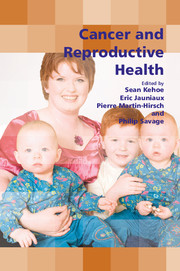
Cancer and Reproductive Health
-
- Published online:
- 05 October 2014
- Print publication:
- 01 November 2008
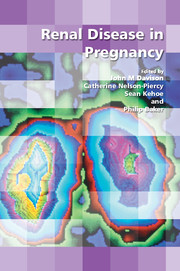
Renal Disease in Pregnancy
-
- Published online:
- 05 September 2014
- Print publication:
- 01 June 2008
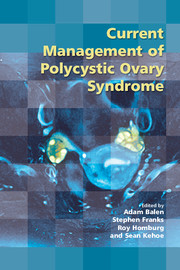
Current Management of Polycystic Ovary Syndrome
-
- Published online:
- 05 July 2014
- Print publication:
- 01 October 2010
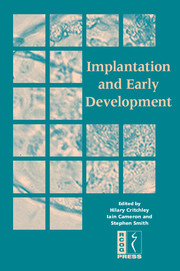
Implantation and Early Development
-
- Published online:
- 05 June 2014
- Print publication:
- 01 June 2005
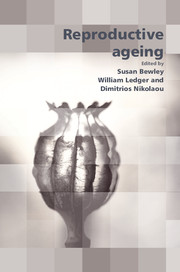
Reproductive Ageing
-
- Published online:
- 05 February 2014
- Print publication:
- 01 June 2009
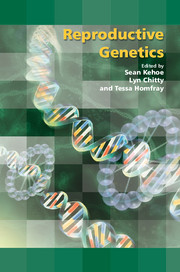
Reproductive Genetics
-
- Published online:
- 05 February 2014
- Print publication:
- 01 November 2009
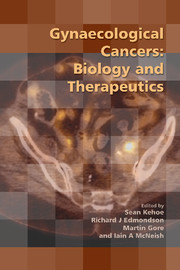
Gynaecological Cancers
- Biology and Therapeutics
-
- Published online:
- 05 February 2014
- Print publication:
- 01 June 2011
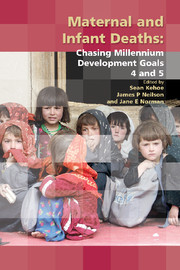
Maternal and Infant Deaths
- Chasing Millennium Development Goals 4 and 5
-
- Published online:
- 05 February 2014
- Print publication:
- 01 June 2010

